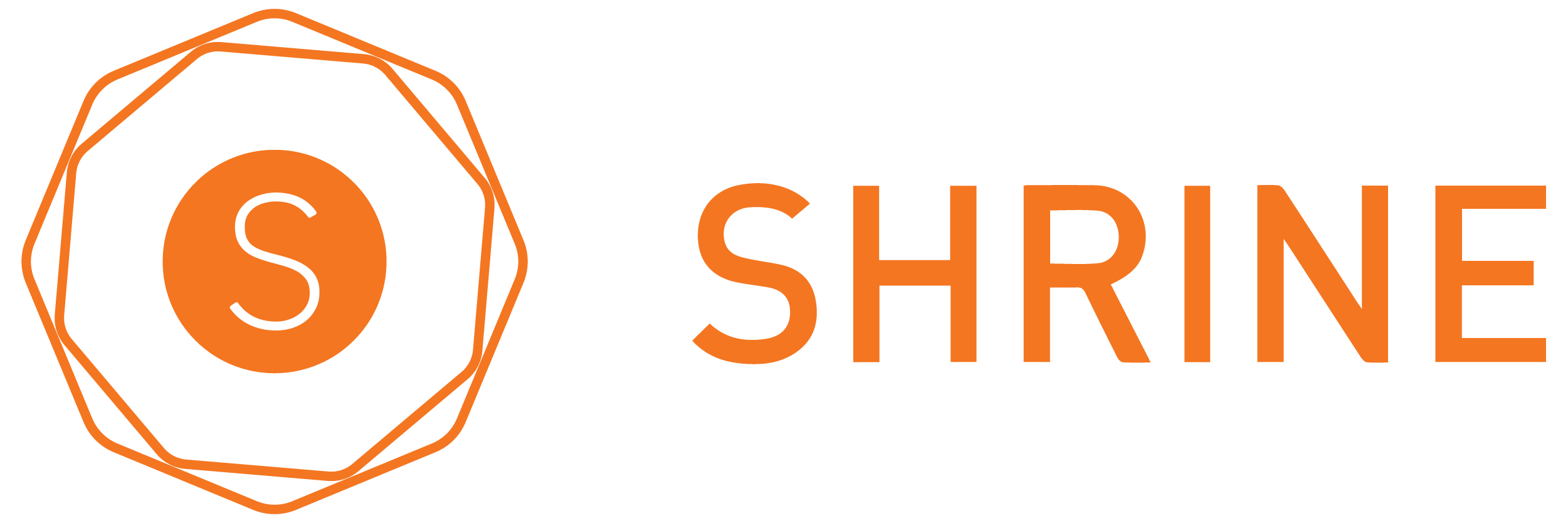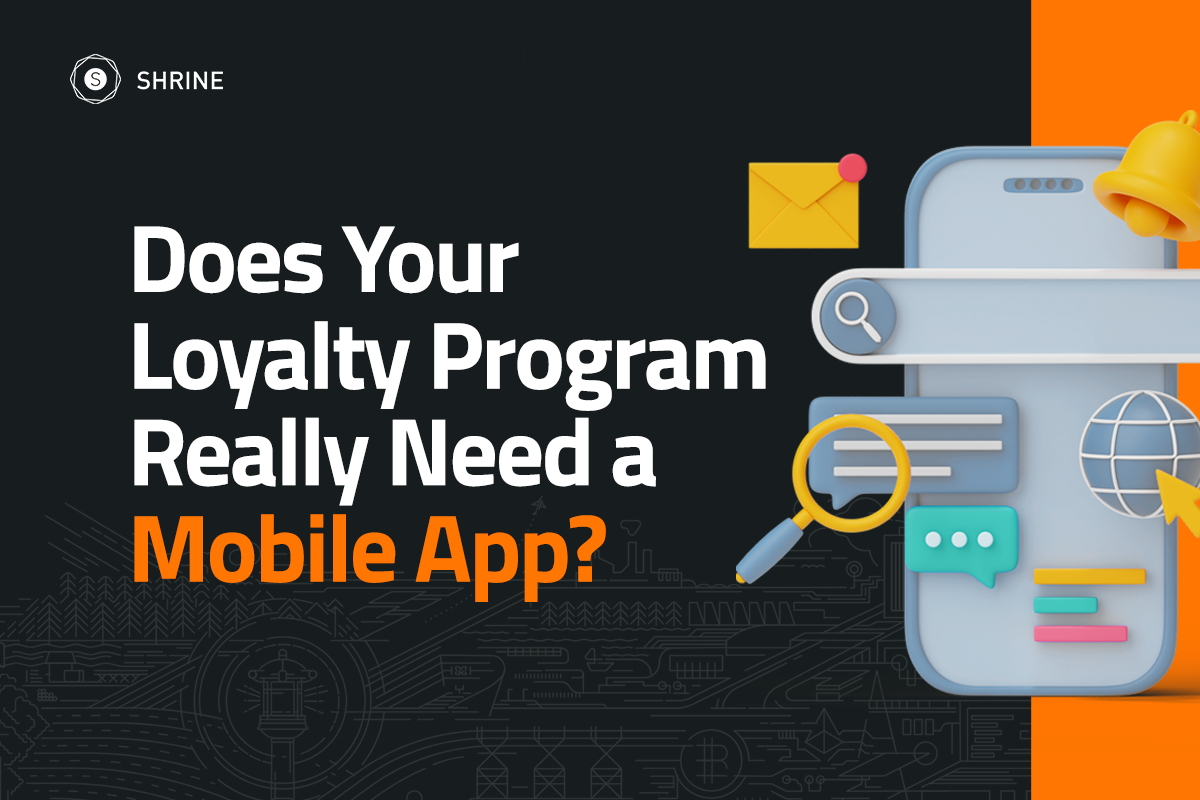If you’re building an app for the first time, you no doubt have some questions about the best ways to bring your idea to life.
Should you hire a full-time developer? Contract a freelancer on Craigslist, or work with a software firm?
Whatever you decide, I want you to have all the information you need to make the right choice for your business. In this new series, I’ll cover five different ways to get your app developed. We’ll look at the pros and cons of each option, plus some tips on how to make them work for you.
Before we get started, you should know that app development projects come with a relatively high rate of failure. Nearly half (44%) of all projects fail, according to the Project Management Institute. The two biggest reasons, in my opinion, are:
- The industry is not fully mature. With an emerging industry, it’s very difficult to predict customer demands. Startups can struggle to invest in the kind of prototyping or research & development phase needed to understand the market demands, and then scale as the industry grows.
- The software is not tangible. It is ‘thought stuff’. Before you start building your app, ask yourself these five questions. You need to deliver a clear, tangible benefit to your customers and have a revenue strategy tied to it. Your app can’t just be fluff; you’re running a business.
Keep those points in mind as we walk through the different ways to get your app developed so you can analyze these options for your own business or startup.
Today, let’s cover the pros and cons of working with a trusted friend or a developer you know.
Pros
- Trust. Trust is the #1 requirement for any relationship. This is key in a development project. You need to have a certain level of trust in the person who is building your software. They’re the expert: you need to be able to rely on them to advise you on critical components like timeline, cost, and to make technical decisions throughout the process. Working with a trusted friend, you should experience greater transparency than you would by hiring an unknown provider.
- They have your best interests in mind. A friend or trusted colleague is going to care about your success and happiness, not just their own bottom line. can act as a shepherd and provide recommendations with your best interest in mind.
- Cost-effective. If you’re working directly with a friend, they may be able to offer a discounted “friends and family” rate. Depending on the discount, you could significantly reduce the overall cost to get your app to market. Even if you don’t receive a huge discount, you can trust that they’re at the very least not gouging you on the price.
Cons
- Lack of commitment. It’s not that your friend is flaky, but if they are not being paid (or being paid less), in my experience they are not likely as committed. Our professions are our livelihoods, and your friend is always going to prioritize their paying clients or their full-time job over your side project. They might be quick to jump in but slow to alert when they get in trouble, leaving you in a bad spot.
- Limited experience. Unless launching new apps is something your friend does full time, you’re likely to experience some hiccups in this project. If they’ve never fully launched an app before, they are likely to underestimate the project. Everything is easy until it isn’t.
- Golden Hammer Rule. If you have a hammer everything looks like a nail. Your friend might use technology they are familiar with rather than finding the best tool for the job. It’s not that they don’t want you to have the best tool. They have to make decisions based on their experience (which, again, may be limited) and are likely to favor tools they already know how to use.
Tips to make it work
- Get ahead of commitment issues. Any deal can work as long as there is transparency from the start. If your friend is working nights and weekends on this as a side project, acknowledge that fact and build a development schedule that is reasonable for you both. Set up regular check points to review their progress, and establish plans for a smooth wind-down or hand-off to another developer if necessary.
- Scope the project from the start. Don’t leave your friend on the hook to scope the work all on their own, particularly if you’re being offered any kind of discount for their services. Do your part. Build the business case. Understand what you are getting into. It can change over the course of the project, but a failure to plan is a plan to fail. Don’t abdicate your responsibility to plan by labeling your project with buzzwords like `lean` or `agile’. That is reckless, and it does neither you nor your friend any favors.
- Have a Plan B. If your trusted developer-friend does not work out, you need to have a backup in place which allows you to shift gears quickly. Any time lost means you’re not getting to market as quickly as you need to. Hopefully, everything will go smoothly, but it’s critically important that you establish multiple paths so you can save the project (and your relationship) if things start to veer off course.
Stay tuned for our next blog in this series which will answer your questions about working with freelancers to develop your app.
Need help bringing your app idea to market? Drop us a line and tell us about your big idea. We’d love to help!




